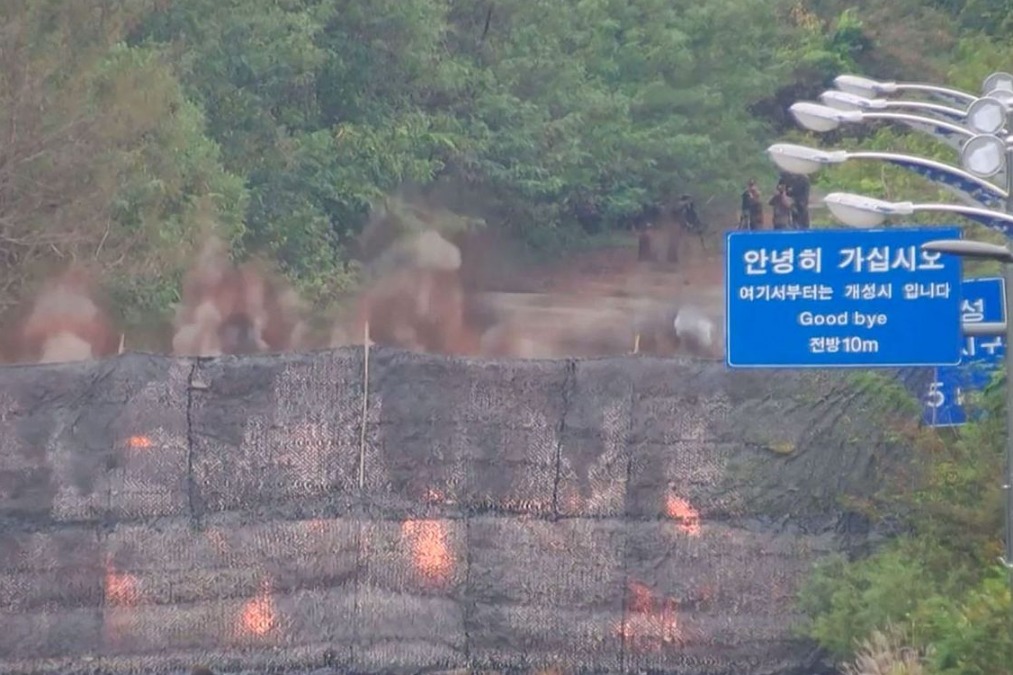China leads SCO in jointly building a shared future

With Belarus becoming its 10th member, the Shanghai Cooperation Organization, representing 40 percent of the global population, is attracting increasing attention. As a founding member and chief promoter of a community with a shared future for mankind, China's role as SCO's rotating presidency till next year is under close scrutiny.
In his speech at the SCO Plus meeting on July 4 in Astana, Kazakhstan, President Xi Jinping said China will "work with SCO partners in the spirit of solidarity and cooperation, and join hands with more countries and international organizations that identify with the Shanghai Spirit to strive for common progress and foster brighter prospects for a community with a shared future for mankind".
Xi's words strongly echo his SCO video conference address on July 4,2023, in which he noted that SCO is at the forefront of transforming the concept and vision of building a community with a shared future for mankind into reality. Indeed, from efforts to see each other in a common endeavor and a community of shared future and interests in 2014 in Dushanbe, Tajikistan, to calls for building a community of health, security, development, and cultural exchange for all in 2020 in Beijing, and further to Astana this month, the SCO has made itself outstanding for the common good of mankind.
Built on the Five Principles of Peaceful Coexistence concisely embodied in the "Shanghai Spirit", the SCO strictly adheres to the principles of mutual respect, mutual nonaggression, and peaceful solutions to issues. As Xi pointed out in late June, the vision of building a community with a shared future for mankind carries forward the same spirit of the Five Principles of Peaceful Coexistence.
Throughout the decade, China has matched its words with deeds. Under Xi's leadership, China has introduced numerous initiatives and multiple opportunities for others to make the SCO a platform for peace, development and prosperity.
The China-SCO Local Economic and Trade Cooperation Demonstration Area, for example, provides opportunities for SCO members to invest in the Chinese market and attract funding from China for their ventures. The China-SCO forum on the digital economy industry allows others to benefit from Chinese technological advances.
In Astana, Xi proposed to build SCO into a common home of solidarity and mutual trust, of peace and tranquillity, of prosperity and development, of good neighborliness and friendship, and of fairness and justice.
These five aspects clearly spell out that China is engaged in erecting institutional mechanisms to support SCO members in constructing a community with a shared future, continuing with China's legacy of walking the talk.
No doubt there is a need to modernize SCO's governance system to enhance and improve its effectiveness and operation and China is willing to share its experiences on its people-centered governance. An upcoming SCO Political Parties Forum could see efforts to build a pluralistic, democratic and cooperative society of independent choosing by the people.
It is noteworthy that China's governance systems are problem-oriented and result-oriented, inclusive and coherent, dynamic and well-based on scientific decision-making.
For long, China has acted out the concept of common, comprehensive, cooperative and sustainable security raised by Xi at SCO's 2014 meeting in Dushanbe, accommodated legitimate security concerns of others, and responded to both traditional and nontraditional security challenges.
More encouragingly, China' s modernization drive will prove to be opportunities for other members and partners, as modernization is a shared goal of all members. This is in line with China's high-quality development of the Belt and Road Initiative and New Quality Productive Forces, with the goal of achieving innovative, coordinated, green, open and shared growth.
As proposed by China, SCO has designated 2025 as the year of Sustainable Development, a major thrust to focus on green and environment-friendly forces for growth. China remains committed to implementing the eight major steps for high-quality BRI cooperation. It is pertinent to highlight here that eight steps are a comprehensive vision to build modern infrastructure, adopt a high-quality development philosophy, pursue green growth, enhance connectivity, deep cooperation in the fields of financing, technology, people-to-people cooperation, etc. The building of a new financing platform for local currency settlement within the SCO could be put on the agenda.
Moreover, cooperation in the areas of agriculture, water-saving and green technology will be accelerated. China has also hosted events on rural vitalization and climate response. China is open to cooperation in sharing the services of the Beidou Satellite Navigation System and allows members to participate in the development of the International Lunar Research Station.
Other initiatives by China include the SCO Committee on Good Neighborliness, Friendship and Cooperation, the Forum on Traditional Medicine, the Forum on People-to-People Friendship, the Youth Campus, the Youth Development Forum, a green development forum, and even a women's forum. And China will offer 1,000 young people the opportunity to visit China under the exchange program. Youth engagement is important in strengthening relationships and carrying the mantle to future generations.
China has already been providing International Chinese Language Teachers Scholarships and offering 3,000 "Chinese Bridge" summer camp opportunities to member countries. China has also invited young scientists to promote scientific research cooperation.
In conclusion, it can be inferred that China is making sincere efforts and seeking to work closely with SCO member states to continue jointly building a community with a shared future. And China has been sincere in implementing related programs, and supporting such efforts with concrete opportunities and practical steps, leading SCO in shaping a peaceful formula for coexistence and common prosperity.
The author is CEO of the Asian Institute of Eco-civilization Research and Development in Pakistan.

































